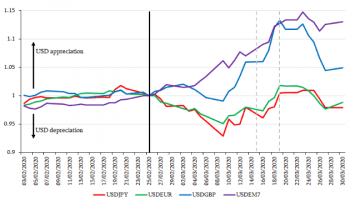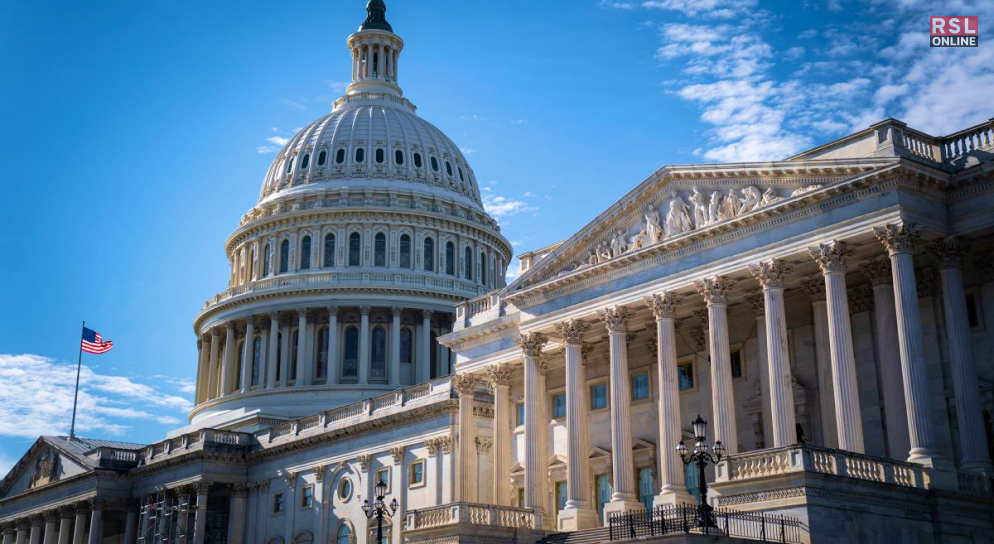In a significant financial milestone, America’s gross national debt has surged past the $33 trillion mark. This development serves as a stark reminder of the country’s precarious fiscal path, occurring at a critical juncture when Washington confronts the possibility of a government shutdown later this month due to contentious debates over federal spending.
The Treasury Department officially recorded this milestone in its daily report, underscoring the nation’s financial standing. This milestone coincides with growing uncertainty regarding Congress’s ability to secure funding for the government before the looming September 30th deadline. Failure to pass appropriations bills or agree on a short-term extension of current funding levels could lead to the first government shutdown since 2019.
Over the weekend, House Republicans considered a short-term proposal aimed at reducing spending for most federal agencies while reviving stringent border measures from the Trump era to extend funding until the end of October. However, this plan faces significant challenges, as Republicans remain divided in their demands, and Democrats are unlikely to support any compromises reached within the Republican caucus.
The debate surrounding the national debt has intensified this year, marked by a prolonged standoff over raising the nation’s borrowing limit. This dispute ultimately resulted in a bipartisan agreement to suspend the debt limit for two years and implement $1.5 trillion in federal spending cuts over a decade.
However, despite these spending reductions, the national debt is projected to exceed $50 trillion by the end of the decade. This alarming trend is driven by mounting interest on the debt and the growing costs of social safety net programs.
Addressing the growth of the national debt remains an uphill battle. Some federal spending programs established during the Biden administration are expected to be more expensive than initially estimated. For instance, the Inflation Reduction Act of 2022, initially projected to cost approximately $400 billion over a decade, could now surpass $1 trillion due to strong demand for its clean energy tax credits.
Furthermore, pandemic-era relief programs continue to strain federal finances. The Employee Retention Credit, originally estimated at $55 billion in cost, has already incurred $230 billion in expenses, prompting the Internal Revenue Service to halt the program due to concerns of fraud and abuse.
Simultaneously, President Biden’s efforts to generate more revenue through tax changes have encountered resistance. Delayed tax policies and lobbying for loopholes in newly enacted taxes have complicated revenue-raising efforts.
This resistance to revenue increases and spending cuts has raised alarm among budget watchdog groups, heightening concerns of an impending fiscal crisis. In Congress, divisions persist between Republicans and Democrats on how to address the immediate issue of preventing a government shutdown.
Republicans have advocated for spending cuts as a condition for government funding, attributing the nation’s fiscal challenges to excessive spending. Conversely, the White House has placed blame on Republicans, citing the trillions spent on Republican tax cuts as a major driver of the debt increase.
A recent Treasury Department report revealed a deficit of $1.5 trillion for the first 11 months of the fiscal year, marking a 61 percent increase from the corresponding period in the prior year. These fiscal challenges underscore the urgency of addressing the nation’s growing debt burden amidst a backdrop of political division and uncertainty.
Read Also:




























